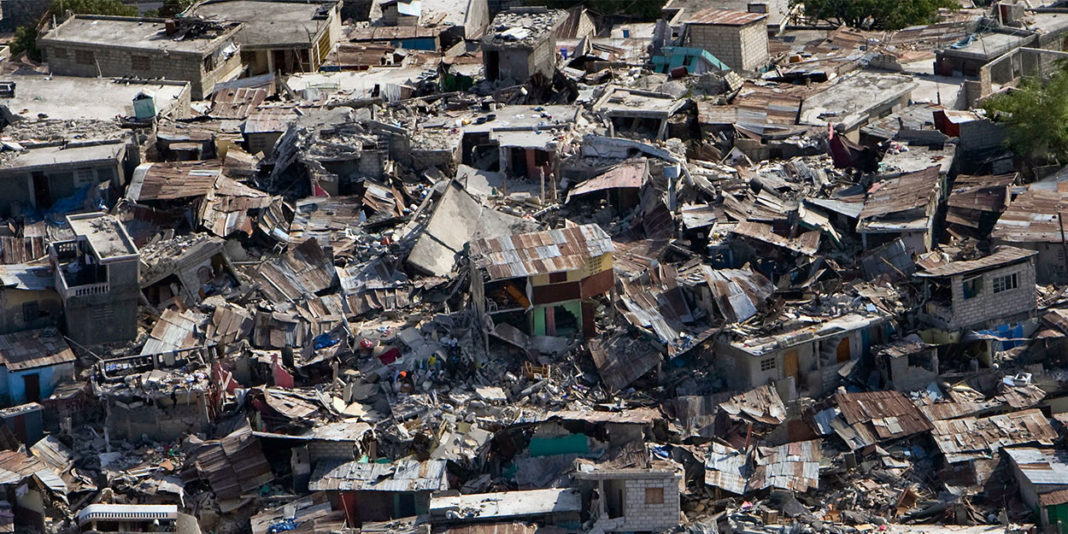Many of us have watched our TV screens in horror as Hurricane Maria rips through the Caribbean and Mexico deals with the aftermath of a deadly earthquake. Before Maria, Hurricanes Irma and Harvey brought further destruction, while monsoon floods in south east Asia left around 1,200 people dead.
How do we make sense of disasters such as these? Philosophers refer to this kind of suffering as ‘natural evil’. In other words, evil that impacts the natural world itself, as opposed to ‘moral evil’, which results from human behaviour. Why does God let disasters happen?
I do not take this subject lightly, nor do I even pretend to have all of the answers on this deeply sobering topic. But let me offer some broad reflections.
1. If God doesn’t exist then it’s all ‘natural’. There are no ‘disasters’.
If there is no supernatural dimension then we are left with a closed system of physical forces, and earthquakes, tsunamis and hurricanes are merely the outworking of the laws of nature. This is simply the way the world is. In other words, if God does not exist then it’s all natural. There are no disasters as such.
To call something a disaster is to imply that something is wrong. But wrong according to whose standard? The apologist Ravi Zacharias points out that when we object to suffering we invoke a moral law that can be traced back to the One from whom that law originates, God himself. The fact that we raise these very questions points us towards God, not away from him.
Read more on Christian Today










